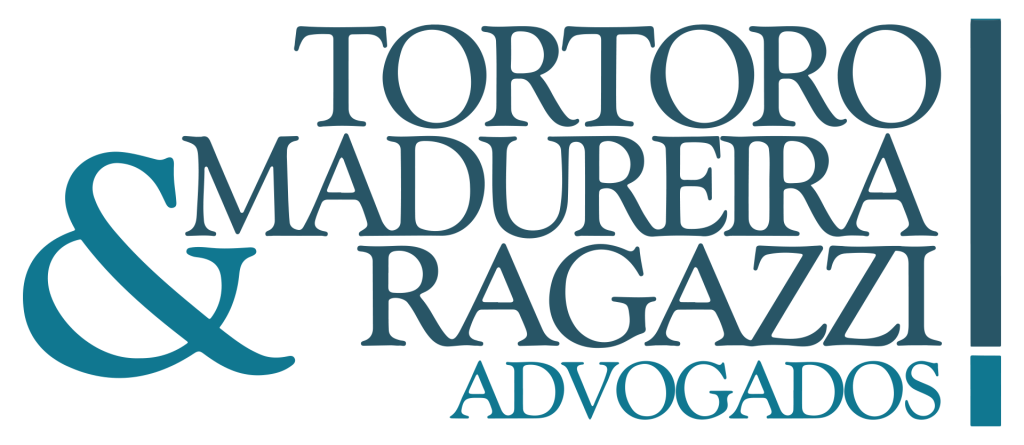Authors: Lucas Lopes de Freitas da Silva, Marcio Miguel Granhani Junior, and Thiago Carvalho Fonseca
The result is clear and categorical: companies that adhere to the new model come out ahead of competitors that maintain the higher costs of the captive market.
The opening up of the free electricity market to a wider range of consumers significantly changes the buying and selling model in Brazil. Unlike the captive market, in which the regulated consumers are supplied by the local electrical energy distributors – and therefore have no management over the energy acquisition – the free market allows them to select their suppliers based on their own needs, negotiating both the prices and the power supply periods. There is also the option of using a retail trader, or simply a “representative”, who continuously acts representing a free consumer or electrical energy generation company, within the Free Contracting Environment.
In the free market, special consumers can negotiate contracts directly with the companies, as electrical energy generators and traders, thus establishing conditions that best meet their demands, such as choosing more sustainable sources. The focus in on the consumer, but the business environment is broader, with highlight to the development of a growing financial activity around the electrical energy trading.
However, the current model of the free contracting environment was developed for large consumers. Accordingly, the discussions are focused on the structural redesign required to accommodate the entry of smaller consumers and how to ensure security in commercial relations and in the whole industry, in the operational aspect as well as in the financial impacts of the new model.
In this regard, the key regulatory challenge involves balancing the economic freedom with the necessary inspection in a strategic sector, which deals with an essential input: the electrical energy.
The negotiation freedom in the free market is followed by regulatory obligations, which must not be neglected by the authorities and the new entrants. Failure to comply with these obligations, in addition to potentially result in penalties, may have consequences to financial settlements, due to the multilateral nature of market relations, thus affecting other agents in a cascading effect. Therefore, the transition of captive consumer towards the free market is vital for the energy transition agenda, with direct economic impacts on the industry, by promoting competitiveness between suppliers, encouraging innovation and efficiency. For this purpose, the authorities, especially CCEE and ANEEL, are required to ensure the balance between security and free competition.
Competitiveness in the free market can be observed at two levels. The first one is internal, within the electrical energy industry itself. The regulatory changes that provide flexibility for adhering the free market brings more players into the sector, which necessarily ends up changing the consumption and consumer profile. Generators, distributors and sellers need to innovate and improve their business models for adapting to this new reality and to the increased competition as well.
The second level of competitiveness is indirect, impacting other economic sectors in Brazil. As the large consumers migrate to the free market and reduce their energy costs, they gain a competitive advantage in their respective industries. This freedom of choice, which may be converted into cheaper electricity supply, is one of the main growth factors of the energy market and other economy sectors.
The result is clear and categorical: companies that adhere to the new model come out ahead of competitors that maintain the higher costs of the captive market.
The regulatory change already shows some practical effects. Between January and April 2024, the Electric Energy Trading Chamber (CCEE) completed the migration of almost 7,000 new consumers to the free market, a figure that represents 97% of the total migrations for the entire 2023. Among the 7,152 consumers who entered the segment in this period, more than 70% have a load of less than 0.5 average megawatts and are represented by a retail trader, which assumes the regulatory obligations on behalf of the consumer.
Currently, the free market represents approximately 37% of the total electricity consumption in Brazil, and projections indicate a continued growth. According to ANEEL, around 21,000 consumers already informed the distribution companies about their desire to migrate to the free market still in 2024, besides 679 requests planned for 2025. Such data suggests that soon this consumer profile will no longer be a trend and then become the market standard.
In this context, awareness and training of these new agents are critical to ensure a balance between decentralized economic growth, free competitiveness, innovation, and energy and legal security as well. The competitiveness environment also provides benefits in terms of relevant legal values, such as the promotion of renewable energy. Green energy generators can offer attractive products for consumers concerned with the ecological balance, thus boosting investments in clean technologies and expanding the generation from renewable sources. This movement contributes to reduce the greenhouse gas emissions, in line with the global sustainability and climate change mitigation targets.
Those potential gains depend on the competence of authorities and organizations responsible for balancing all these market and society demands, aiming legal security and economic and energetic efficiency.
